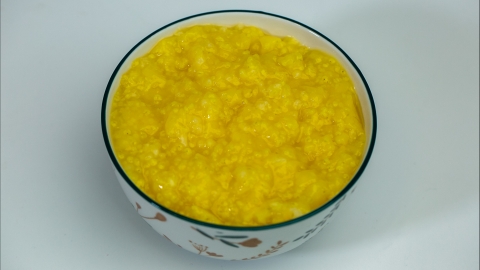What are the dietary principles after polypectomy of the intestine?
After polyp removal, the intestine typically has a small wound surface. Dietary management is a key factor in preventing bleeding and promoting healing. The general principle can be summarized as starting with a liquid diet, progressing to semi-liquid, then soft foods, and finally returning to a regular diet. Throughout this process, it is essential to adhere to a low-residue, low-fiber, mild, and frequent-meal approach. Specific recommendations are as follows:

During the first three days after surgery, consume completely residue-free, cool-to-lukewarm liquids such as strained rice broth, lotus root powder paste, and clear vegetable broth. These provide hydration and electrolytes while minimizing irritation to the wound. Avoid milk, soy milk, and sugary drinks, as they may cause gas.
From day 4 to day 7, if bowel function (passing gas and stool) has recovered well, transition gradually to a semi-liquid diet. Recommended foods include steamed egg custard, finely cooked noodles, and mashed potatoes. Food texture should be soft enough to be crushed with the back of a spoon, with fiber particles no longer than 2 mm. Eat 5–6 meals per day, each about 150–200 ml, to avoid excessive stretching of the intestinal wall.
About one week post-surgery, when the wound site is mostly sealed, you may begin introducing low-residue soft foods such as well-cooked soft rice, deboned fish, and tender tofu. However, continue to avoid high-fiber foods like celery, Chinese chives, nuts, and brown rice. All food should be freshly prepared and consumed immediately, with a core temperature around 40°C; excessively hot food may trigger bleeding.
For at least two weeks, strictly avoid alcohol, coffee, chili peppers, fried foods, and grilled items, all of which can irritate the digestive tract. At the same time, ensure adequate intake of high-quality protein—such as egg whites, lean minced meat, and silken tofu—to support mucosal healing.
If persistent bloating, cramping, or rectal bleeding occurs, stop eating immediately and contact your surgeon. One month after surgery, only after a follow-up endoscopy confirms normal healing, should dietary fiber be gradually reintroduced under professional guidance. Establishing a long-term high-fiber, low-fat eating pattern can help reduce the risk of polyp recurrence.







